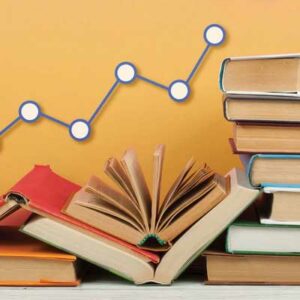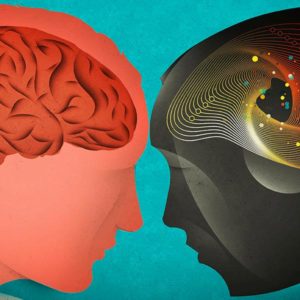
The Afterlife of the Humanities Major
What becomes of humanities majors after they finish the degree? How might colleges and universities assist them in the transition? Join the American Academy of Arts and Sciences and the National Humanities Center for a conversation about these issues that features the perspectives of both academia and industry.


